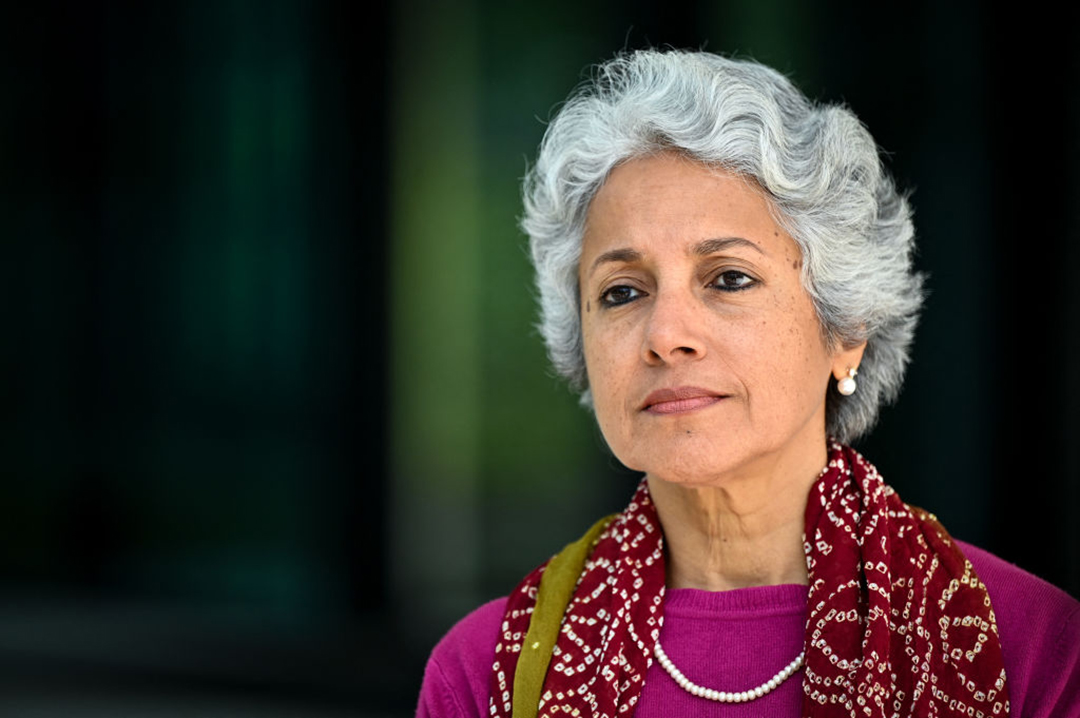WHO Expert Warns Nations to Remain on Guard Against Pandemic
ADF STAFF
Two years into the COVID-19 pandemic, the World Health Organization’s (WHO’s) chief scientist is urging people to avoid becoming complacent.
The pandemic is far from over, Dr. Soumya Swaminathan told reporters during a recent WHO visit to South Africa.
“We have seen the virus evolve, mutate … so we know there will be more variants, more variants of concern, so we are not at the end of the pandemic,” Swaminathan said.
She gave her warning as nations around the world have begun dropping restrictions first imposed after WHO declared a global pandemic in March 2020.
One key precaution against COVID-19 — testing — has begun to decline worldwide, which makes it difficult to detect potential new variants. Public health experts remain steadfast in recommending that people wear masks, wash their hands frequently and avoid crowded spaces to slow the spread of COVID-19. That’s because each new infection creates a new opportunity for the virus to mutate into a variant that may overcome immunity.
The most recent wave of infections, driven by the omicron variant, still is spreading through Africa and around the world and spinning off new subvariants as it goes. As of early March, 43 African countries had reported some version of the omicron variant, according to the Africa Centres for Disease Control and Prevention (Africa CDC). The deadly delta variant also continues to circulate widely on the continent.
Researchers are closely studying the omicron BA.2 subvariant, which has rapidly become the dominant strain in South Africa. BA.2 is more infectious than other variants but appears to be less lethal, especially for those with some form of immunity.
According to the Africa CDC, the continent has recorded 11.2 million COVID-19 cases since the beginning of the pandemic. Of those, nearly 250,000 people have died. But the death estimate could be about one third of the actual total, according to researchers tracking death counts around the continent.
In South Africa, for example, excess deaths — defined as the number of deaths above what’s considered normal — has tripled since the pandemic began.
Since the omicron wave began around the end of December 2021, the country’s excess death figures have decreased to about 20% above normal, according to the South African Medical Research Council.
The council’s data shows that COVID-19 cases have spiked about every six months since the pandemic began. Each wave is separated by about a three-month lull in cases and deaths.
Swaminathan’s colleagues at the WHO have warned that people should continue to take COVID-19 seriously.
Even though it has killed fewer people than its predecessor, omicron still can be deadly for those without immunity, said Dr. Maria Van Kerkhove, the WHO’s technical lead for its COVID-19 fight.
“This far into the pandemic, too many people are dying,” Kerkhove said during a recent briefing.
Dr. Mike Ryan, executive director for the WHO’s Health Emergencies Program, said governments and citizens need to be cautious about dropping their guard against COVID-19 too quickly.
“The urge to open up is so high that we may overshoot the runway,” Ryan said during a briefing. “It’s going to be hard to put safeguards back in place if we have a new outbreak.”


Comments are closed.